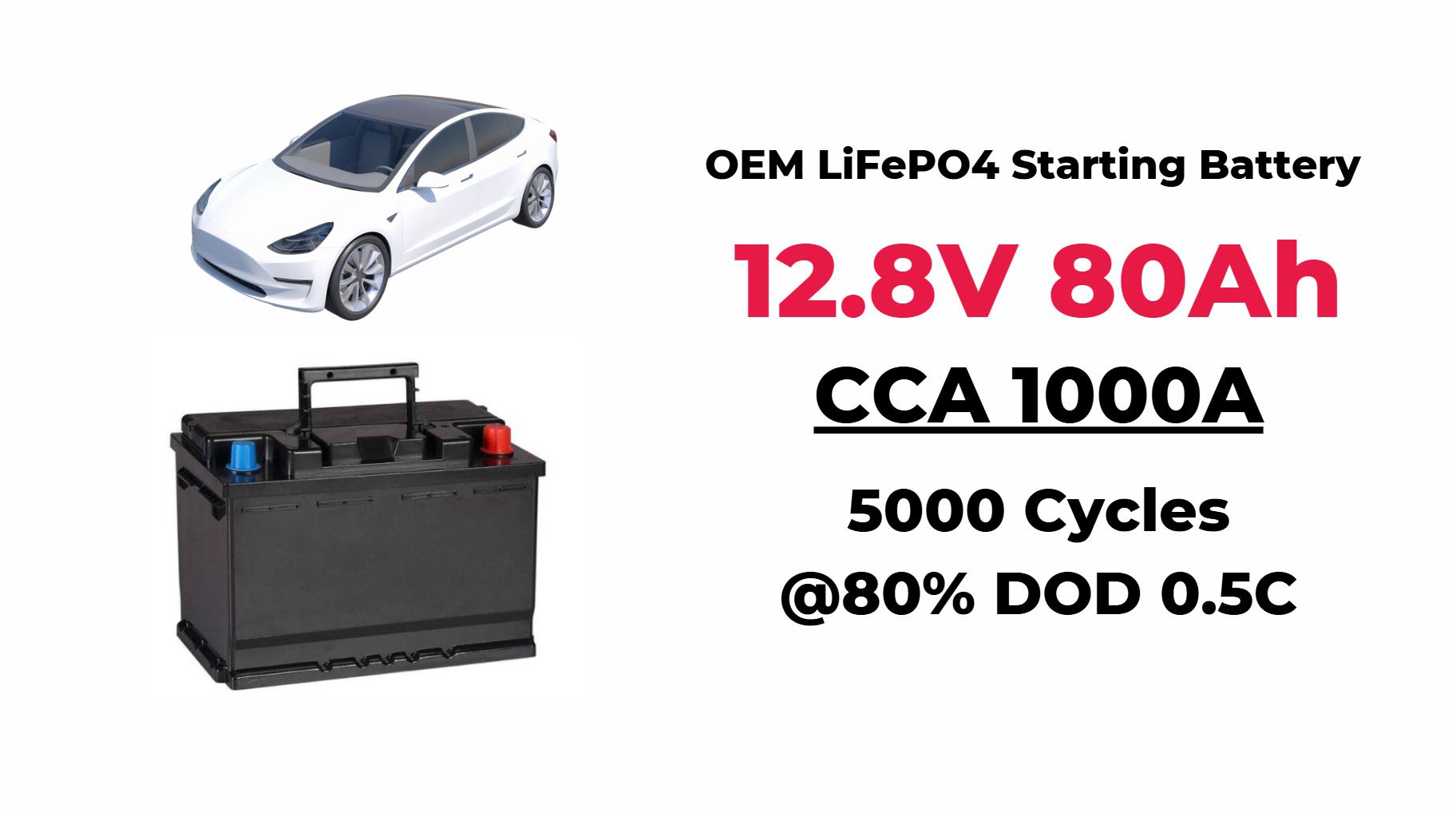
How to Properly Dispose of Car Batteries and Their Environmental Impact
Proper disposal of car batteries is crucial for protecting the environment and ensuring public safety. This article discusses car battery disposal near me, explores Tehama County car battery disposal options, reviews recycling options for old batteries, compares the environmental impact of lead-acid vs lithium batteries, and outlines guidelines for disposing of lithium-ion batteries.
How Can You Find Car Battery Disposal Near Me?
Finding car battery disposal near me is easier than ever with various local resources available. Many auto parts stores, such as AutoZone and Supercheap Auto, offer free recycling services for old car batteries. Additionally, municipal waste management facilities often have designated drop-off points for hazardous materials like batteries. Using online directories or store locators can help you find the nearest recycling facility that accepts car batteries.Diagram: Local Resources for Car Battery Disposal
What Are the Options for Tehama County Car Battery Disposal?
In Tehama County, residents have several options for disposing of car batteries responsibly. Local waste management services provide designated drop-off locations where residents can safely dispose of their used batteries. Additionally, some automotive retailers in the area may offer recycling programs. It’s essential to check with local authorities or waste management websites to find specific locations and guidelines for safe disposal.Diagram: Tehama County Battery Disposal Locations
Which Recycling Options Are Available for Old Batteries?
Recycling options for old batteries include various methods tailored to different battery types:
- Retail Drop-Off: Many auto parts stores accept used batteries for recycling, often providing incentives like gift cards or discounts on new purchases.
- Municipal Recycling Programs: Local governments frequently organize recycling events or maintain drop-off centers specifically for hazardous materials, including batteries.
- Specialized Recycling Facilities: Some facilities focus exclusively on battery recycling, ensuring that hazardous materials are handled properly and safely.
Utilizing these options helps reduce environmental impact and promotes resource conservation.Diagram: Overview of Battery Recycling Options
What Is the Environmental Impact of Lead-Acid vs Lithium Batteries?
The environmental impact of lead-acid vs lithium batteries varies significantly:
- Lead-Acid Batteries: These contain toxic materials such as lead and sulfuric acid, which can leach into the soil and water if not disposed of correctly. Improper disposal contributes to pollution and poses health risks to humans and wildlife.
- Lithium Batteries: While lithium-ion batteries are generally considered safer than lead-acid counterparts, they still require proper disposal to prevent environmental harm. Lithium mining can have significant ecological impacts, but when recycled correctly, lithium batteries can be reused multiple times, reducing overall waste.
Understanding these differences is crucial for making informed choices about battery use and disposal.Diagram: Environmental Impact Comparison of Battery Types
What Are the Guidelines for Disposing of Lithium-Ion Batteries?
When it comes to disposing of lithium-ion batteries, following specific guidelines is essential:
- Do Not Dispose in Regular Trash: Lithium-ion batteries should never be thrown in regular garbage due to their hazardous components.
- Use Designated Recycling Facilities: Locate a recycling center that accepts lithium-ion batteries; many electronics retailers offer this service.
- Check Local Regulations: Some areas have specific laws regarding battery disposal; ensure compliance with local regulations to avoid fines or penalties.
- Consider Manufacturer Take-Back Programs: Many manufacturers offer take-back programs where consumers can return used batteries for proper recycling.
Adhering to these guidelines helps minimize environmental risks associated with improper disposal.Diagram: Steps for Safe Lithium-Ion Battery Disposal
Expert Views
“Responsible battery disposal is not just a personal choice; it’s a collective responsibility,” states Jane Smith, an environmental scientist specializing in waste management. “By understanding the implications of battery disposal and utilizing available resources, we can significantly reduce our ecological footprint.”
FAQ Section
How often should I recycle my car battery?
You should recycle your car battery whenever it reaches the end of its life cycle, typically every 3-5 years.
Can I throw my old car battery in the trash?
No, throwing away a car battery in regular trash is illegal in many areas due to its hazardous materials.
What happens if I improperly dispose of a lead-acid battery?
Improper disposal can lead to soil and water contamination, posing serious health risks to humans and wildlife.
Where can I find a recycling facility for lithium-ion batteries?
Many electronics retailers and municipal waste facilities accept lithium-ion batteries; check local listings or websites for details.
Are there any incentives for recycling my old battery?
Yes, many auto parts stores offer incentives like discounts on new purchases or gift cards when you recycle your old battery with them.
